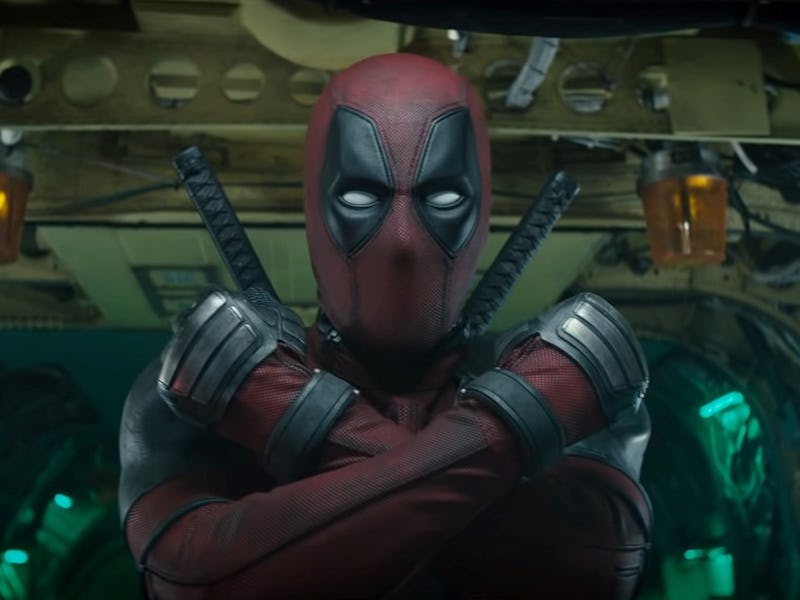Deadpool 2 Was the Unexpectedly Moving Response to Avengers: Infinity War
The Avengers told a big, unwieldy story about death. Deadpool got intimate about grief.

Josh Brolin had a hell of a 2018, didn’t he? In late April, he starred in Avengers: Infinity War, a billion-dollar blockbuster that kicked off the summer season on a dour note by killing half of Marvel’s superheroes. In the shadow of that release came another Marvel movie, again with Brolin, that was willing to laugh and cry about all of it: Deadpool 2.
Not content to do more of what we saw in 2016’s Deadpool, the 2018 sequel expanded the personal growth of Wade Wilson (Ryan Reynolds). While Wade himself would joke that we’re talking about his regenerative junk, Deadpool 2 is smarter and more heartfelt than its R-rated wisecracks and Gen-X pop culture references imply. It’s a surprisingly touching story about grief and the bonds you forge in times of distress, even if a mid-credits sequence undoes that moving journey for the sake of a laugh.
If the first Deadpool was a rom-com in disguise where super-soldier boy meets escort girl, Deadpool 2 is a family drama about how they deal with death doing them part. After a hit leaves Vanessa (Morena Baccarin) dead, Deadpool works through his grief by protecting Firefist (Julian Dennison), a mutant teenage boy who’s hunted by a futuristic cyborg named Cable (Josh Brolin). And in forming a team called X-Force to get the job done, Deadpool finds the family he sought to have with Vanessa before it was stolen from him.
After original Deadpool director Tim Miller departed over creative differences, John Wick collaborator and ex-stuntman David Leitch took the reigns, marking the beginning of his evolution as a go-to action movie journeyman. While ex-creative partner Chad Stahelski has emerged as the genuine auteur of the two, Leitch is competent enough to make Deadpool’s bloodletting satisfying. In contrast to Miller, Leitch lets Deadpool behead bad guys with rhythm and style, arguably exceeding the action of his predecessor.
It’s a good thing the action is functional because the emotional elements of the movie are a little undercooked. While it’s made clear that Wade is so lost without Vanessa that his regenerative healing is now a curse, Deadpool 2 doesn’t do nearly enough to sell the nihilism of Wade’s grief. In a genre predominantly allergic to death — the dead heroes of Infinity War returned a year later — Deadpool 2 is the rare superhero movie where the hero has every intention of dying. Still, there’s a lot of heavy lifting in the spiritual leitmotif involving Vanessa’s ghost and an acoustic cover of “Take on Me.”
Deadpool 2 is a fun ride, but it struggles to find a balance between genuine grief and Ryan Reynolds making this expression a lot.
That the movie uses its time travel premise to undo Wade’s journey in the post-credits scene makes it all feel a bit cheaper. But though Deadpool 2 struggles to split the difference between Wade’s shattered hopes for a future and the universal theme of found families, it’s still easy to appreciate it for trying to find earnest meaning amid juvenile jokes and obscure Rob Liefeld references. And if nothing else, Deadpool 2 proves that Josh Brolin is a capable antagonist whether he’s caked in VFX or appearing in the flesh.
Five years on, Deadpool 2 feels tonally and creatively uneven. A handful of one-liners already date it as a pre-pandemic, Trump-era release. But it’s those jagged edges and rough textures that ensure the movie is still a good time. For a vulgar superhero flick, it isn’t afraid to find real pain in its bulletproof heroes.
This article was originally published on